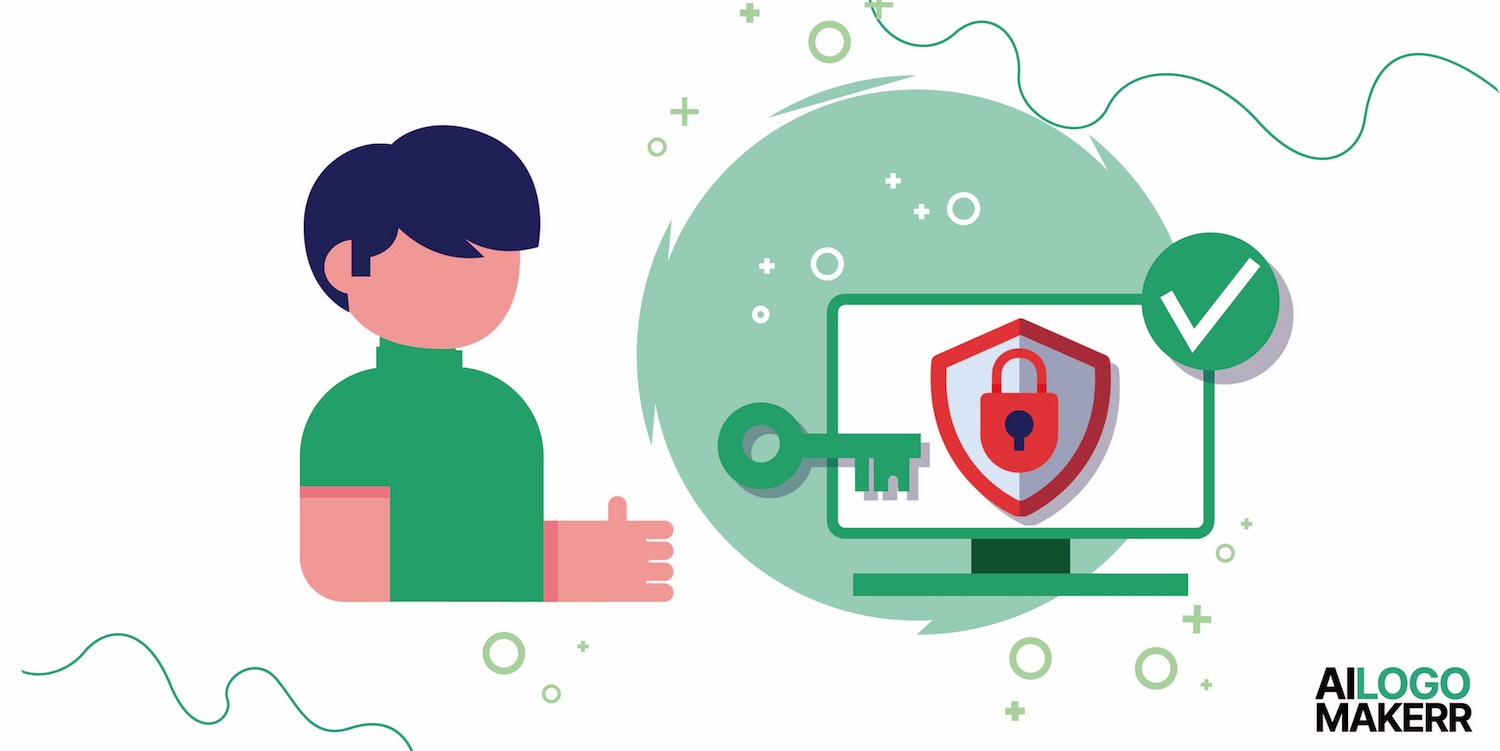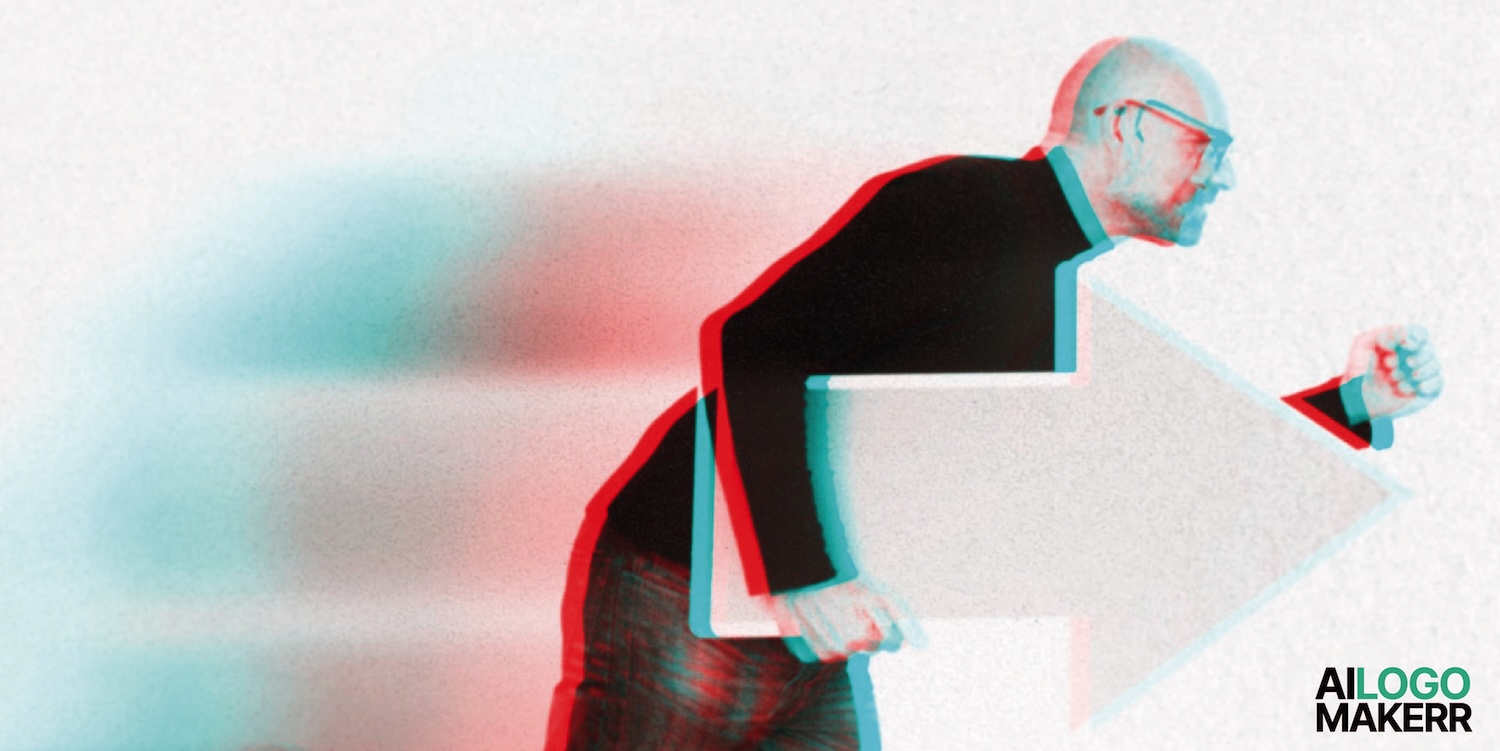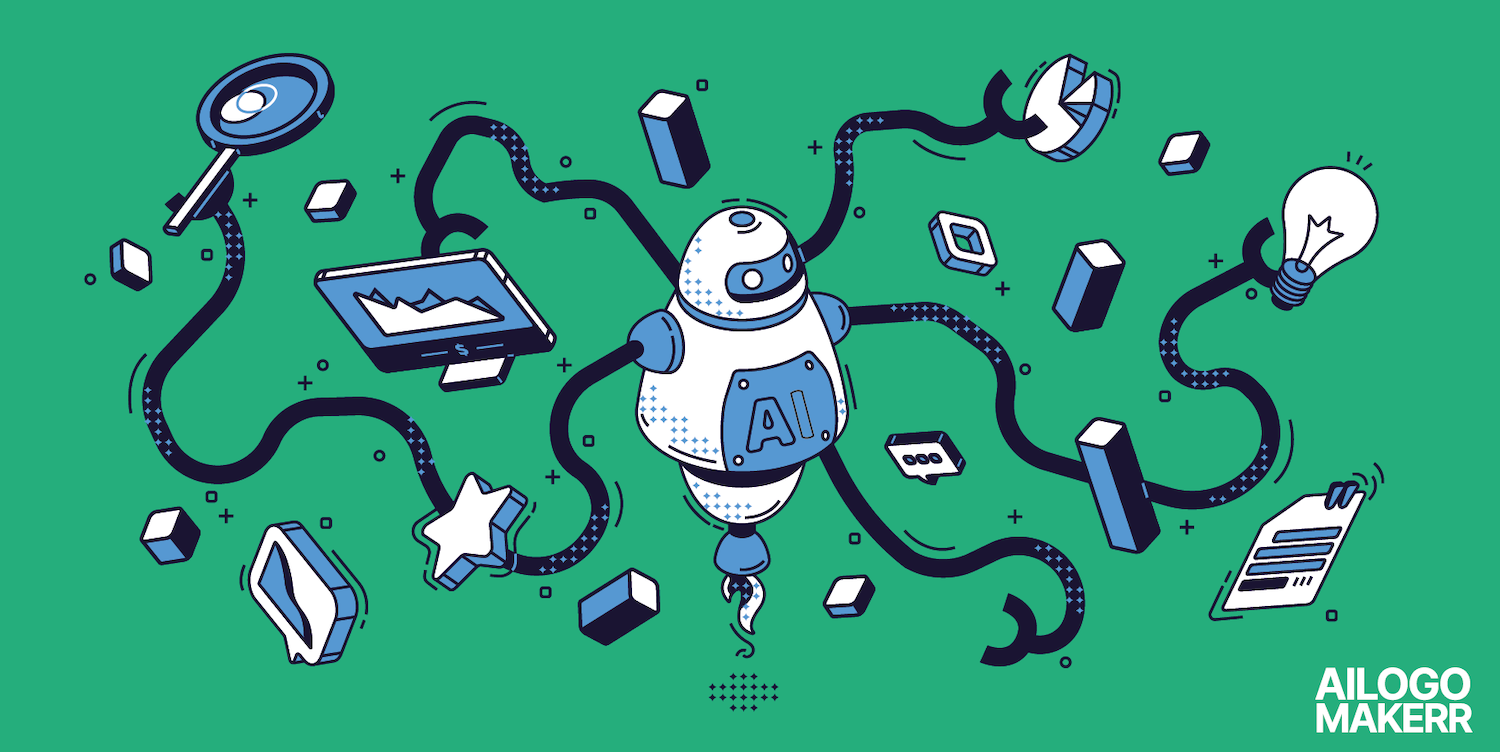Cyber threats are expanding. Companies lose billions — sometimes even trillions — every year due to data breaches, phishing attacks, and network intrusions. Simple statement, complicated problem. To respond, a new kind of defense is emerging: the fusion of artificial intelligence with network encryption systems — the AI-powered VPN. It’s not science fiction; it’s the next stage of business security in a world that never sleeps online.
At the same time, AI isn’t just changing cybersecurity — it’s transforming creative industries too. From AI logo makers that build professional identities in seconds to automated brand kits that keep assets safe and consistent across platforms, artificial intelligence is quietly shaping how modern businesses look and operate online. The smarter our creative tools become, the more we rely on secure networks to protect digital assets and customer trust. If you look at how AI is shaping visual identity across industries, you’ll see similar shifts described in our post on 2025 logo trends.

The Scale of the Problem
Every 39 seconds, a cyberattack occurs somewhere on the Internet. According to reports from cybersecurity firms, global damages from cybercrime are expected to surpass $10.5 trillion annually by 2025. That number is not just statistics — it represents lost trust, stolen data, and disrupted operations. As attacks grow faster and more complex, traditional defenses start to look outdated.
For designers, entrepreneurs, and digital startups, data isn’t just numbers; it’s identity. A single breach can expose logo files, brand concepts, and even unreleased design projects. That’s why businesses — especially creative ones relying on cloud-based AI design tools — must take cybersecurity as seriously as their visual branding.
Why Traditional VPNs Are No Longer Enough
Virtual Private Networks (VPNs) were once the golden standard for online protection. They encrypt data, hide IP addresses, and allow secure remote access. But here’s the truth: encryption alone no longer guarantees safety.
- Threats have become dynamic and adaptive.
- Attackers use machine learning too.
- Human error remains the weakest point.
Traditional VPNs provide a secure tunnel — yes — but they don’t detect threats within that tunnel. Malware, insider misuse, or misconfigurations can still slip through unnoticed. Businesses need more than a tunnel; they need intelligence inside that tunnel.
For creative teams that collaborate remotely using AI-powered brand platforms, a smarter VPN can be the difference between safely managing logo assets and risking client data exposure. After all, even the best AI logo generator depends on trust — and trust starts with security.
How Artificial Intelligence Changes the Game
AI adds a layer of awareness to network protection. It’s like giving your VPN eyes and intuition. It works in three major ways:
- Real-time anomaly detection – AI models learn what “normal” looks like for your network and flag unusual behavior in milliseconds.
- Automated response – when an attack is detected, the system can automatically shut down suspicious connections or enforce multi-factor authentication.
- Predictive analytics and optimization – AI can anticipate risks before they occur, generating reports and recommendations for future defense strategies.
The result? The VPN stops being a passive data tunnel and becomes an active guardian — always learning, always adapting. Ideally, find a VPN from a reputable provider with advanced technology and a huge selection of VPN apps. This will allow you to get active protection without the risks of an unknown service provider.
Similarly, AI-driven platforms like Ailogomakerr.com apply machine learning to understand what kind of logos or color palettes perform best across industries. Whether securing a network or designing a brand, AI’s value lies in pattern recognition — the ability to learn from data and predict what comes next. That’s the same logic behind AI art and image tools we reviewed in 10 Best AI Image Generators of 2025 and the stories their logos tell — AI learns, then creates.

Benefits for Businesses
Companies that integrate AI-powered VPNs are already seeing measurable results. According to industry surveys, AI-driven security systems reduce detection and response times by up to 50%. That’s not just faster; that’s potentially the difference between prevention and catastrophe.
- Faster threat identification: Machine learning spots irregularities before humans notice.
- Lower operational costs: Automated actions reduce workload on security teams.
- Smarter visibility: AI can analyze encrypted traffic patterns without breaking privacy.
These tools don’t replace cybersecurity experts — they empower them.
The same applies to creative professionals: AI doesn’t replace designers; it enhances their speed, creativity, and consistency. A business that uses an AI logo maker gains the same kind of advantage — agility and precision guided by smart automation.
Numbers and Market Trends
The global AI in the cybersecurity market is expected to exceed $133 billion by 2030, growing at an annual rate of over 20%. Meanwhile, the VPN market itself — already valued at around $45 billion in 2024 — continues to expand as remote work, IoT, and cloud-based business models dominate. Combining both technologies is not just logical; it’s inevitable. The future of online business will revolve around adaptive, self-improving defense systems powered by AI.
On the branding side, we’re seeing the same pattern: businesses don’t just want “a logo” — they want an AI-assisted brand system that can generate variants, social headers, thumbnails, invoice headers, and presentation covers while keeping everything on-brand. That’s exactly the kind of workflow we talked about in A Blend of Ailogomakerr and ChatGPT — AI tools working together instead of working alone.
Risks and Challenges
Every new technology introduces new questions. AI-powered VPNs are no exception.
- False positives: AI can misinterpret legitimate traffic as threats if not trained properly.
- Privacy dilemmas: Deep monitoring of network behavior must respect user confidentiality and comply with GDPR or local regulations.
- Compliance and control: Businesses must ensure their AI-driven tools meet auditing standards and security frameworks.
- Shadow AI risk: Employees might use unapproved AI tools, creating vulnerabilities if corporate guidelines aren’t enforced.
The challenge is balance — between control and innovation, automation and human oversight.
For companies that use AI for branding, this also means establishing rules on how brand assets are generated, stored, and shared. If your team is generating logos, mockups, and brand kits in the cloud, those assets should live behind the same secure, AI-aware network layer as your financial or customer data.
Preparing Your Business for the AI-VPN Era
How do you begin? Gradually and strategically.
- Assess your risk landscape. Identify the most critical data and access points.
- Run a pilot project. Test AI-based VPN features in a controlled environment before full deployment.
- Educate your teams. Everyone should understand how AI tools operate and what their role is in security protocols.
- Integrate with existing systems. AI-powered VPNs should complement your SOC (Security Operations Center) and SIEM (Security Information and Event Management).
- Monitor and retrain. AI models must evolve with your network and adapt to new threats.
Similarly, if you’re building your brand online, the process isn’t so different. You start small — design a secure, unique logo using Ailogomakerr.com, protect your visual files with proper encryption, and maintain consistency across all platforms. Security and identity are both part of the same digital foundation.

The Future of Online Business Security
Looking ahead, the concept of “VPN” will likely expand beyond encryption. It will merge with Zero Trust architecture, automated defense systems, and adaptive authentication. The network of the future will not only hide information — it will understand it, analyze it, and defend it in real time. Businesses that adopt these systems early will gain an enormous advantage in reliability, customer confidence, and operational continuity.
For branding-focused businesses, this means one thing: a trusted brand is a secure brand. Whether you’re safeguarding client designs, brand assets, or creative concepts generated through an AI logo maker, the future of business security and brand integrity are deeply intertwined.
Conclusion
AI-powered VPNs represent a clear evolution in digital defense. They combine the solid foundation of encrypted communication with the fluid intelligence of AI — a partnership built for a world that changes by the minute. The future of online business will depend on how well companies embrace this balance: automation and awareness, privacy and protection, machine and human.
And just as AI reshapes cybersecurity, it’s also redefining how companies create logos, design visuals, and build trust online. In both cases, success depends on the same principle — intelligent technology guided by human creativity.
Not all tunnels are dark anymore — some can see.
Not all designs are static anymore — some can think.





.svg)









